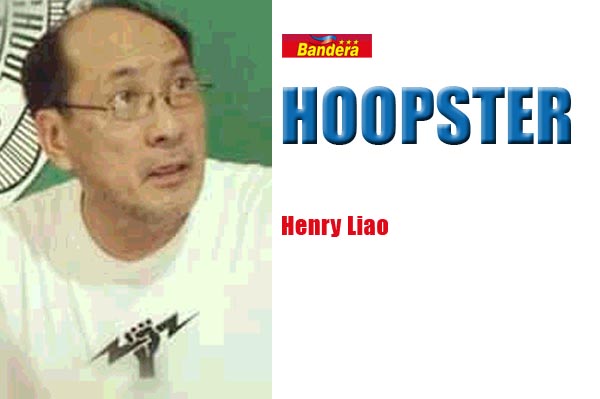
THE trend of NBA players who are not free agents forcing trades to get out of existing contracts — like the cases of Anthony Davis last January, Kawhi Leonard in the summer of 2018, Jimmy Butler in the summer of 2018 and Paul George in both summers of 2017 and 2019 — is not unprecedented.
The first celebrated case of an NBA superstar demanding a trade despite a “live” contract was
Kareem Abdul-Jabbar, a future Hall of Famer who finished his 20-year tenure with six championship rings — one with the Milwaukee Bucks and five with the Los Angeles Lakers.
At the end of his non-playoff 1974-75 season, his sixth with Milwaukee, a frustrated Abdul-Jabbar, a Muslim, wanted out of Suds City, citing the city’s cold and boring weather and lack of cultural growth.
On June 16, 1975, the Bucks acceded to his trade demand, shipping him and backup center Walt Wesley to sunny California with the Lakers for veterans center Elmore Smith and guard Brian Winters, then-first-round draft selections forward Dave Meyers and swingman Junior Bridgeman, and a cash payment.
With his five-year contract estimated at $500,000 annually set to expire in a year’s time, Kareem had threatened to sit out the 1975-76 season if his trade demand was not granted.
Ironically, even with Kareem around, the Lakers also failed to qualify for the 1976 NBA playoffs.
* * *
Twenty-seven years ago on August 8, the original U.S. Dream Team composed of 11 NBA players and an incoming rookie pro whipped Croatia for a second time, 117-85, in the championship game of the men’s basketball competitions in the 1992 Barcelona Olympics to regain the gold medal with a lily-white 8-0 record.
The 32-point winning margin in the gold-medal game was the Americans’ closest game in the Barcelona Games, finishing the quadrennial spectacle with an average margin of victory of 43.8 points for the second-largest scoring margin in U.S. Olympic history. The U.S. squad in the 1956 Melbourne Olympics, which featured incoming NBA frosh Bill Russell (team-best 14.1-point average; our own GOAT Carlos Loyzaga gave him fits during the U S.-PH game), outscored the opposition by 53.5 points per game.
Michael Jordan was a member of the Dream Team. So were Larry Bird (the gold-medal game would be the farewell appearance in his illustrious roundball tenure), Earvin (Magic) Johnson, Patrick Ewing, Charles Barkley, Karl Malone, John Stockton, Scottie Pippen, David Robinson, Clyde Drexler and Chris Mullin among other NBA greats and incoming Minnesota Timberwolves rookie Christian Laettner (the U.S. National College Player of the Year out of Duke University).
A side note: The U.S. head coach at the time, the late Chuck Daly, never called a single timeout at any point in their eight assignments.
The star-studded 1992 U.S. Olympic team subsequently was inducted into the Naismth Memorial Basketball Hall of Fame.
Barkley topped the U.S. outfit in scoring during the Barcelona Olympics with an 18-point average while coming off the bench in four of his eight appearances.
Jordan, who previously had stated that he would skip the Barcelona games so that other players would have the chance to represent the Stars and Stripes flag (His Airness had led the U.S. to the gold medal during the 1984 Los Angeles Olympics as an amateur from the University of North Caroliana) and moreso decline play if Isiah Thomas were selected to the team, was the only Dream Teamer to start in all eight games and ranked second on the team with a 14.9-point clip.
Bird was the only U.S. player not to score in the gold-medal contest and it turned out to be the farewell game of his distinguished roundball career.
The Barcelona Olympics marked the first time ever that the U.S. team was represented by NBA players in a FIBA-sanctioned international competition.